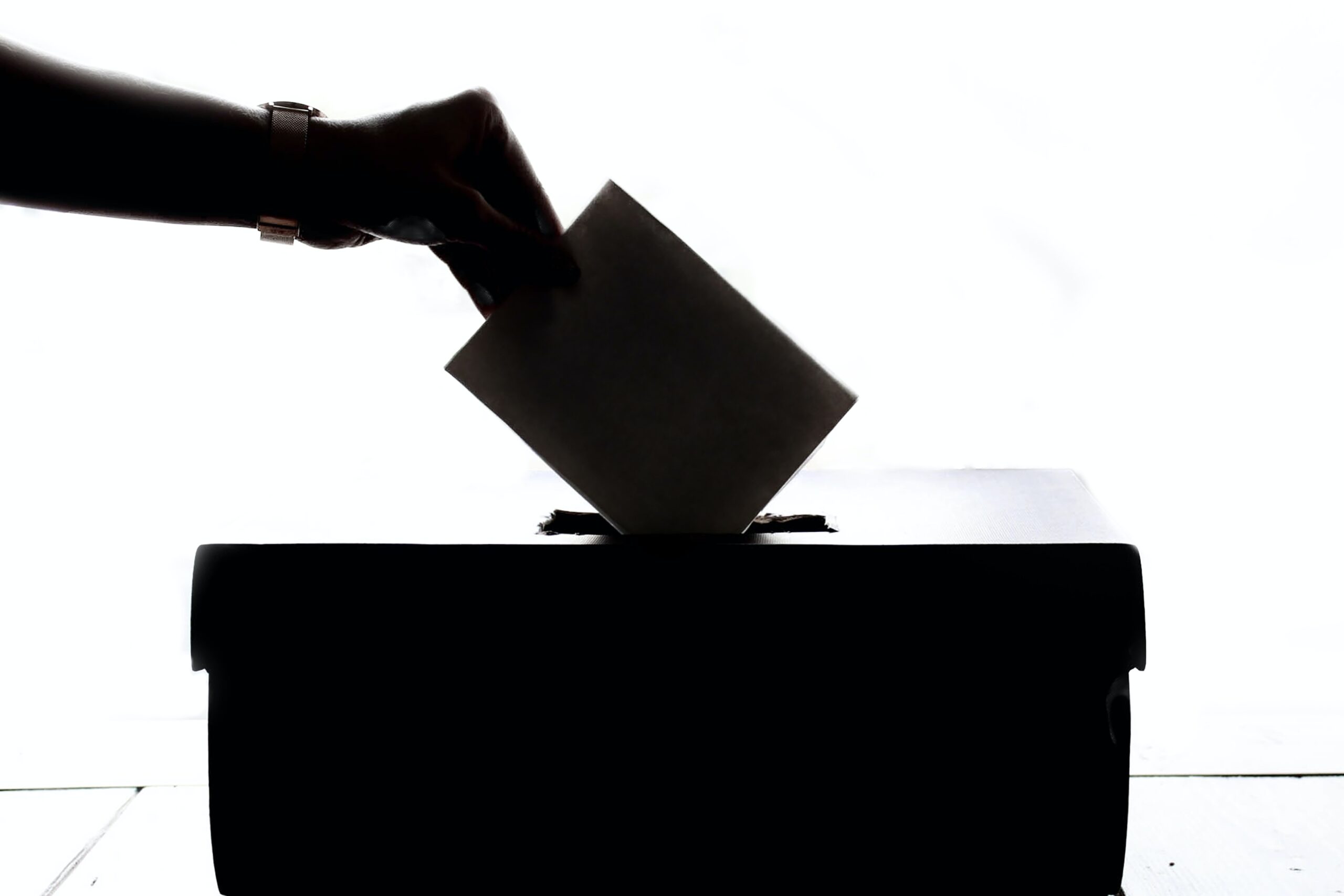
Voting | Photo by Element5 Digital | Pexels.com
The 2020 election is Nov. 3, which is less than a month away, and after the recent presidential debate, voters are making their final decision on which candidate they are voting for.
Wright State University (WSU) political science professors Dr. Edward Fitzgerald, Dr. Sean Wilson and Dr. Lee Hannah have weighed in on the election, the issues voters are concerned about, and what may occur after the winner is decided.
Predictions for the election
Fitzgerald, Wilson and Hannah all agree that Democratic candidate Joe Biden has a strong chance of winning the 2020 election.
“I think hope always exceeds reality in these cases,” Fitzgerald said. “At this point, if you were to read the polls, Biden is up by 8-10%. Even in a lot of the battleground states, he’s either up or within the margin of victory.”
Hannah explained that Trump’s electoral college victory in 2016 was due to narrow wins in Pennsylvania, Michigan and Wisconsin, and that one of Biden’s strategies was to gain voter support in Midwestern states.
“Joe Biden’s entire candidacy has been based on a theory that he can win back those states and perform better in the Midwest more broadly,” Hannah said. “Based on the results of the 2018 midterms and the current polling, I would say that Joe Biden is in a strong position.”
Due to the coronavirus pandemic and voting complications surrounding it, along with other factors, the professors find this year’s election difficult to predict.
“[Biden] probably is more of the favorite, but we don’t know who is going to win,” Wilson said. “We certainly had egg on our face in 2016. I thought Hillary was going to win for sure, and that turned out not to be true.”
“This could be a very almost unprecedented election because there’s so many contingencies that could possibly occur here,” Fitzgerald said.
Third-party impact on the election
Libertarian candidate Gary Johnson and Green Party candidate Jill Stein, along with other third-party candidates, were polling around 10-15% with voters at this point in 2016. However, that support did not necessarily continue into the election.
“On Election Day, they got less than 5% of the popular vote,” Hannah said. “Currently, Jorgensen is polling at 2.5% and Socialist Howie Hawkins is polling at 1%. So, it is less likely at this point that they will play a decisive role.”
Fitzgerald does not believe that third-party votes will matter in this election.
“A third-party vote means absolutely nothing,” said Fitzgerald. “It’s like a tree falling in a forest. Does it really make a sound if no one’s there to hear it?”
According to Fitzgerald, third-party votes have “screwed up” multiple recent elections, citing Ross Perot’s campaign in 1996 as well as Johnson’s campaign in 2016.
Policy issues and potential changes
Wilson believes that a major policy issue surrounding the 2020 election is the relationship between the United States and China.
“[Trump] really, really changed the paradigm in policy in certain areas,” Wilson said. “Usually, policy is incremental. Trump was very aggressive in the policy game and things he started doing. The question for Democrats, if they get in there is ‘are they going to keep any of this stuff around?’, and a good example is China. How is the situation with China? Is it going to be the pre-Trump relationship with China or is going to be the post-Trump relationship with China?”
He also cited the corporate tax cut, immigration and the administration’s “economic philosophies” as policies that may be changed if Biden is elected. In addition, immigration policies will more than likely be altered, as it is an area where Democrats and Republicans have opposite beliefs.
“There’s absolutely no way, if Democrats come in, that they’re going to keep the immigration policies of the Trump administration,” said Wilson. “Those policies really were controversial.”
Fitzgerald agrees that Biden would reverse a number of these policies if elected.
After the election
Wilson explained that if Biden is elected, an important question must be asked.
“The question is going to be, who is Biden? Is he the center-left candidate like Bill Clinton and Barack Obama, or does he move substantially to the left, because there are those forces in the Democratic party?” said Wilson.
According to Wilson, a dangerous problem for Biden right now is that people may only vote for him because he is Trump’s opposite, and that he may be elected only as that opposite.
“That doesn’t give him an affirmative mandate as if the public had said ‘yes, we want your policies over these policies.’ If they say ‘we want your personality over this personality,’ then he wins as a personality and doesn’t really have the policy mandate,” said Wilson.”
“That could be a problem especially if he doesn’t win the Senate,” said Wilson. “People who are concerned about public policy need to keep their eye on the ball. The Senate is the key. If the Democrats win everything, controlling the presidency, the House and the Senate, they’ll have a lot more political power to do whatever they want to do, and then we’ll get to see who Biden really is.”
